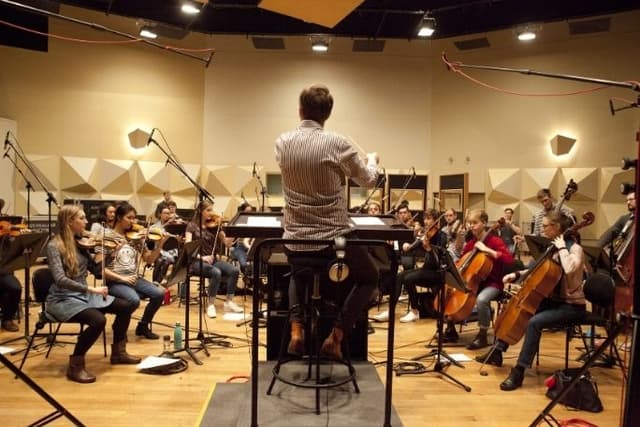
Fanfare Competition - Orchestrating Your Composition
Lesson9 of 12 in this unit
SecondaryYear 7 - 10The ArtsMusic
Summary
Lesson Guides and Printables
Lesson Plan

Student Worksheet

Teacher Content Info


Lesson Plan

Student Worksheet

Teacher Content Info
